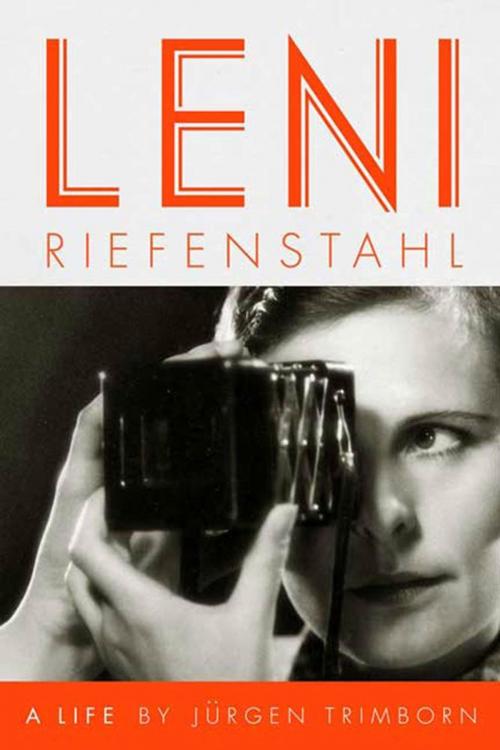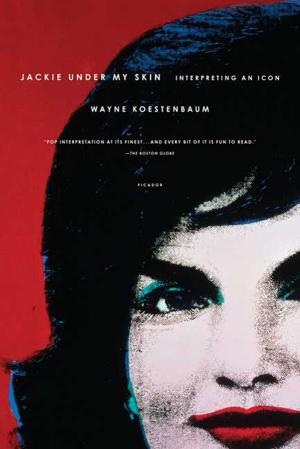Leni Riefenstahl
A Life
Biography & Memoir, Entertainment & Performing Arts, Nonfiction, Entertainment, Performing Arts| Author: | Jürgen Trimborn | ISBN: | 9781466821644 |
| Publisher: | Farrar, Straus and Giroux | Publication: | January 22, 2008 |
| Imprint: | Farrar, Straus and Giroux | Language: | English |
| Author: | Jürgen Trimborn |
| ISBN: | 9781466821644 |
| Publisher: | Farrar, Straus and Giroux |
| Publication: | January 22, 2008 |
| Imprint: | Farrar, Straus and Giroux |
| Language: | English |
Dancer, actress, mountaineer, and director Leni Riefenstahl's uncompromising will and audacious talent for self-promotion appeared unmatched—until 1932, when she introduced herself to her future protector and patron: Adolf Hitler. Known internationally for two of the films she made for him, Triumph of the Will and Olympia, Riefenstahl's demanding and obsessive style introduced unusual angles, new approaches to tracking shots, and highly symbolic montages. Despite her lifelong claim to be an apolitical artist, Riefenstahl's monumental and nationalistic vision of Germany's traditions and landscape served to idealize the cause of one of the world's most violent and racist regimes.
Riefenstahl ardently cast herself as a passionate young director who caved to the pressure to serve an all-powerful Führer, so focused on reinventing the cinema that she didn't recognize the goals of the Third Reich until too late. Jürgen Trimborn's revelatory biography celebrates this charismatic and adventurous woman who lived to 101, while also taking on the myths surrounding her. With refreshing distance and detailed research, Trimborn presents the story of a stubborn and intimidating filmmaker who refused to be held accountable for her role in the Holocaust but continued to inspire countless photographers and filmmakers with her artistry.
Dancer, actress, mountaineer, and director Leni Riefenstahl's uncompromising will and audacious talent for self-promotion appeared unmatched—until 1932, when she introduced herself to her future protector and patron: Adolf Hitler. Known internationally for two of the films she made for him, Triumph of the Will and Olympia, Riefenstahl's demanding and obsessive style introduced unusual angles, new approaches to tracking shots, and highly symbolic montages. Despite her lifelong claim to be an apolitical artist, Riefenstahl's monumental and nationalistic vision of Germany's traditions and landscape served to idealize the cause of one of the world's most violent and racist regimes.
Riefenstahl ardently cast herself as a passionate young director who caved to the pressure to serve an all-powerful Führer, so focused on reinventing the cinema that she didn't recognize the goals of the Third Reich until too late. Jürgen Trimborn's revelatory biography celebrates this charismatic and adventurous woman who lived to 101, while also taking on the myths surrounding her. With refreshing distance and detailed research, Trimborn presents the story of a stubborn and intimidating filmmaker who refused to be held accountable for her role in the Holocaust but continued to inspire countless photographers and filmmakers with her artistry.















